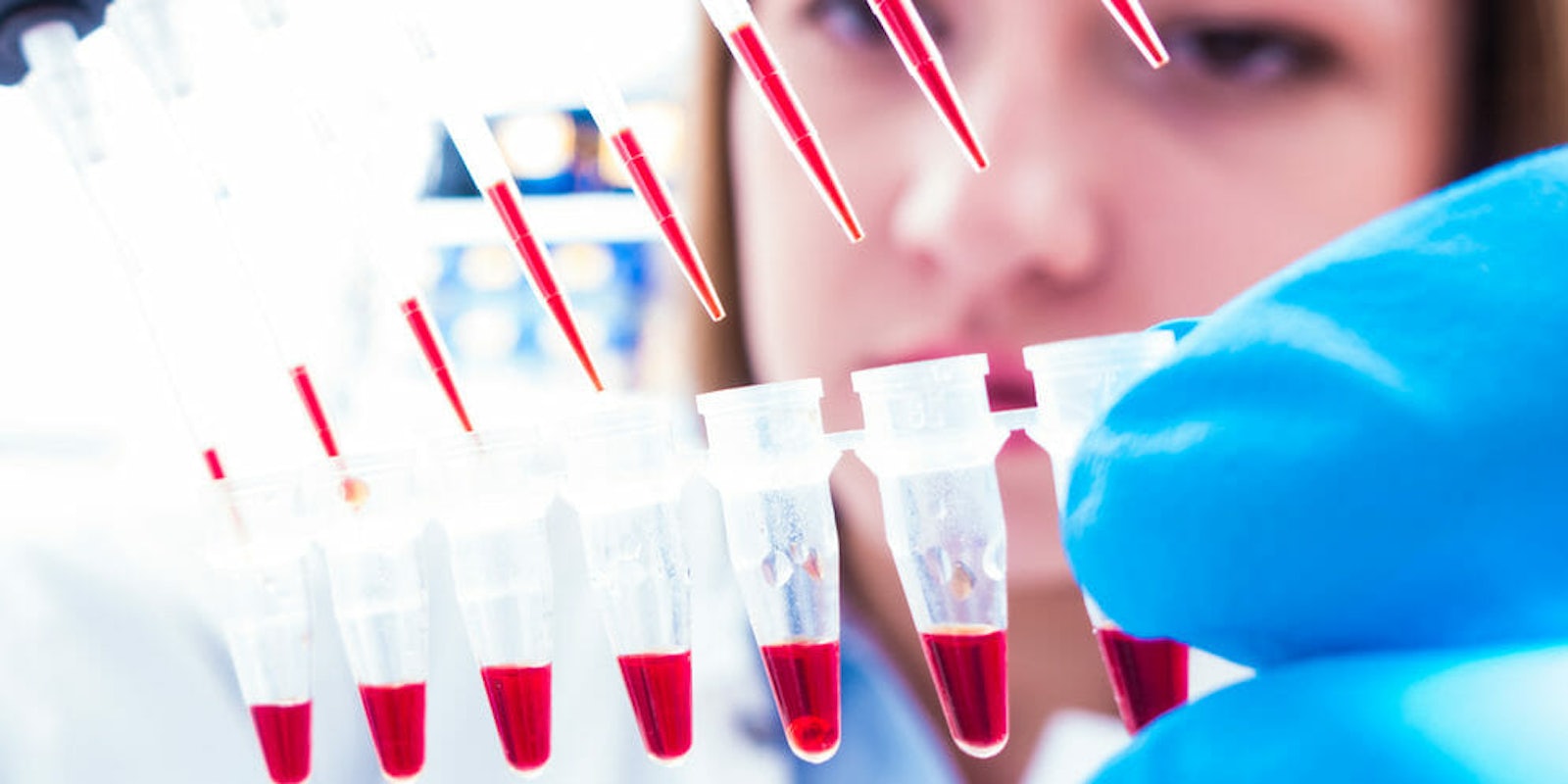You no longer have to see a medical professional to find out your risk of inheriting diseases caused by genetic mutations.
The Food and Drug Administration announced Thursday it would reopen the door for third-party companies to sell test kits that tell you your risk of developing diseases like sickle cell anemia, Parkinson’s, Alzheimer’s, and cystic fibrosis.
The decision reverses a previous ruling that suspended the sale of genetic disease kits sold by 23andMe, an at-home genetics testing company. The Mountain View-based biotech corporation has been selling its products to Canada and the United Kingdom for years and can again begin to ship its kits out to U.S. customers.
23andMe offers a number of different services that tell you about your own DNA. The tests previously suspended by the FDA are those that assess the likelihood of developing certain illnesses. The company’s $200 Health + Wellness package comes with tests for 10 newly approved diseases. It plans to submit 100 more for FDA approval in separate installments before the end of the year.
Here is the complete list of approved diseases:
- Parkinson’s disease
- Late-onset Alzheimer’s disease
- Celiac disease
- Alpha-1 antitrypsin deficiency
- Early-onset primary dystonia
- Factor XI deficiency
- Gaucher disease type 1
- Glucose-6-Phosphate Dehydrogenase deficiency
- Hereditary hemochromatosis
- Hereditary thrombophilia
The tests included in the package also determine your wellness, physical traits, and information about your ancestry. Five separate wellness reports tell you how your DNA relates to your caffeine intake, muscle composition, and lactose ingestion, among other things. The ancestry reports give you information about your relatives: where they lived and which groups they belonged to—dating all the way back to the days of Neanderthals. The carrier status reports tell you if you contain genetic variations and what your children’s chances are of developing specific diseases.
Perhaps the most intriguing (and least useful) reports are those for physical traits. 23andMe claims it can tell you the likelihood of having certain characteristics like a cleft chin, male hair balding, hair color, freckles, dimples, and the ability to detect rotten smells in urine after eating asparagus (we’re not sure this would need a DNA test to figure out).
https://www.youtube.com/watch?v=3oTaydRPm3w
You can find all of this out without stepping a foot into a doctors office. In fact, the entire process is extremely simple. A customer puts his or her saliva in a tube and ships it off to 23andMe. The company runs a bunch of tests to isolate DNA from the sample, and compares it against 500,000 genetic variants. Results are emailed to customers in six to eight weeks.
There is a risk in knowing your chances of developing diseases like the 10 outlined above. That’s why counselling is provided for anyone requesting results for incurable diseases like Alzheimer’s and Parkinson’s. There is also concern regarding the accuracy of DNA testing for disease prediction. A number of studies claim they result in false-positive or false-negative findings that can be damaging to individuals.
It’s ultimately up to the customer to decide what they want to know about their genetic makeup. 23andMe is aware that some of its tests could freak people out and warns that users who “have ever been diagnosed with anxiety or depression may experience emotional difficulty” from the reports.


